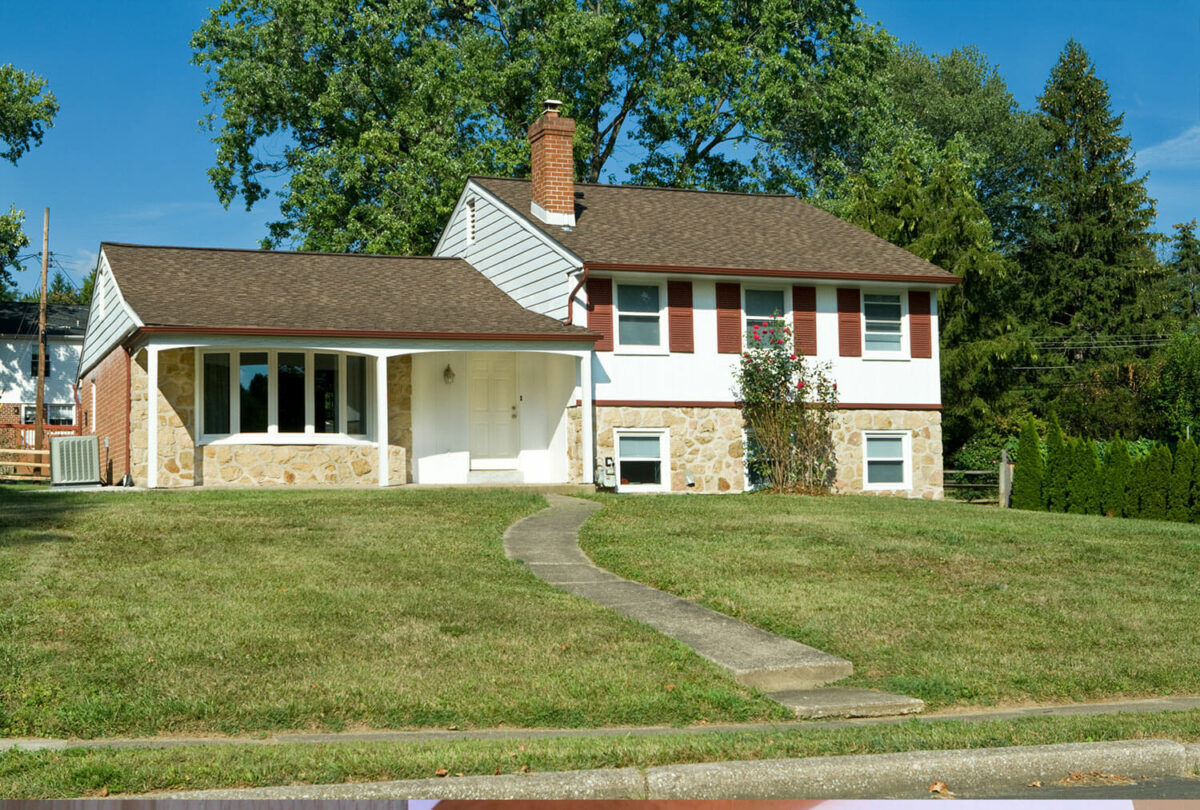Landlords and Lead Paint
- February 3, 2016
- Landlord Law

Lead poisoning has been a topic making headlines lately, with the discovery of widespread
lead contamination of the water supply in Flint, Michigan. The problem in Flint has started a national conversation about the need to strengthen and enforce laws that protect citizens from lead poisoning in their homes – something Maryland is already doing.
In January 2015, Maryland’s stricter lead-based paint law for rental properties became effective, and state regulators swiftly reminded landlords of their duty to comply. Seven months after the law took effect, the Maryland Department of the Environment (MDE) issued notices to
87,000 property owners who hadn’t registered their properties, as required by law. While officials were lenient and gave landlords the opportunity to comply, property owners who ignore notices may be headed for legal trouble.
What’s Required
Before January 2015, only landlords with properties built before 1950 had to register those homes with the MDE. But under the new
landlord law,
rental property owners must now register their homes built before 1978.
Not all homes built before 1978 contain lead paint, and if a landlord can provide a certificate that shows the home is lead-free, the property is exempt from annual registration requirements. Homes are also exempt if they’re not being rented. Otherwise, landlords must renew their lead registration each year, at a cost of
$30 per unit (additional fees may be required in Baltimore City and in some counties).
Three types of certification apply to rental properties:
- Lead free certification – An accredited Lead Paint Inspection Contractor conducts the inspection for this certificate. If the property has no internal lead paint but some external lead paint, it may qualify for a Limited Lead Free certificate, which expires after two years, at which time the home must be re-inspected.
- Full risk reduction – In a vacant home where lead paint is present, an accredited contractor must perform a dust inspection before a tenant moves in, sending dust samples to a lab for analysis. The landlord may be required to mitigate lead paint hazards, based on the results of lab tests.
- Modified risk reduction – This type of certification generally occurs when a unit is already occupied and a tenant notices peeling or chipped paint, or a child or pregnant woman has a blood-lead level of 10 micrograms per deciliter, or higher. If lead paint mitigation is necessary and tenants must vacate the property for more than 24 hours, a landlord must pay for tenants’ accommodations and meals during the time they’re displaced.
Landlords should also be aware that the law requires them to have a new lead inspection certificate at each change of occupancy – even if a tenant moves out after a few months, an updated certificate is required.
The Spirit of the Law
In the past 20 years, the MDE has received reports of lead poisoning in more than
93,000 children. Those children may suffer from learning disabilities, developmental delays, hearing loss, and other problems that affect their quality of life. Maryland’s newly strengthened requirements for landlords may ensure that future generations don’t suffer from the long-term effects of lead poisoning.
Lusk Law, LLC, specializes in assisting landlords, helping to avoid litigation when possible and representing our clients in court when litigation is necessary. Our experienced attorneys have provided legal counsel and representation to landlords in Frederick County, Howard County, Baltimore County, Baltimore City, Carroll County, Washington County, and Anne Arundel County, and other counties in Maryland. With over a decade of experience in representing landlords, we’re ready to offer a consultation concerning your rights. Please call us at 443-535-9715 or fill out our contact form if you have any questions about this topic.
 Lead poisoning has been a topic making headlines lately, with the discovery of widespread lead contamination of the water supply in Flint, Michigan. The problem in Flint has started a national conversation about the need to strengthen and enforce laws that protect citizens from lead poisoning in their homes – something Maryland is already doing.
In January 2015, Maryland’s stricter lead-based paint law for rental properties became effective, and state regulators swiftly reminded landlords of their duty to comply. Seven months after the law took effect, the Maryland Department of the Environment (MDE) issued notices to 87,000 property owners who hadn’t registered their properties, as required by law. While officials were lenient and gave landlords the opportunity to comply, property owners who ignore notices may be headed for legal trouble.
Lead poisoning has been a topic making headlines lately, with the discovery of widespread lead contamination of the water supply in Flint, Michigan. The problem in Flint has started a national conversation about the need to strengthen and enforce laws that protect citizens from lead poisoning in their homes – something Maryland is already doing.
In January 2015, Maryland’s stricter lead-based paint law for rental properties became effective, and state regulators swiftly reminded landlords of their duty to comply. Seven months after the law took effect, the Maryland Department of the Environment (MDE) issued notices to 87,000 property owners who hadn’t registered their properties, as required by law. While officials were lenient and gave landlords the opportunity to comply, property owners who ignore notices may be headed for legal trouble.



